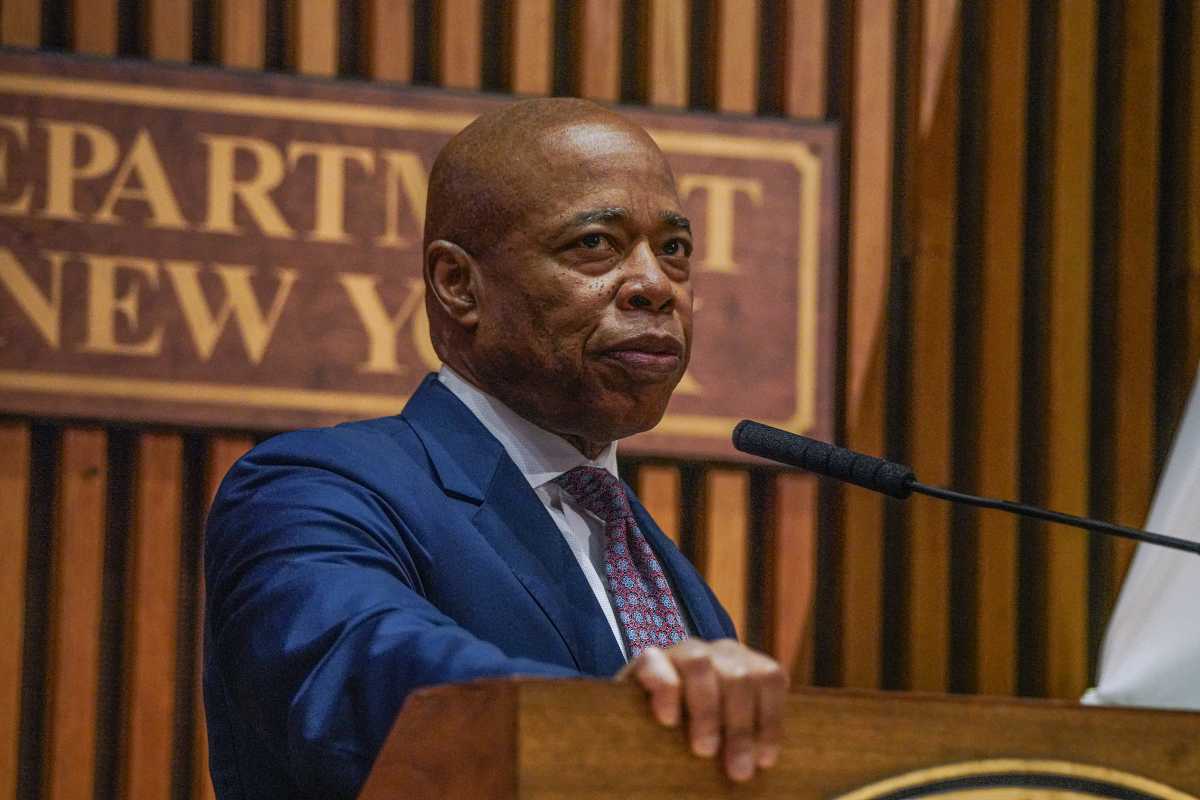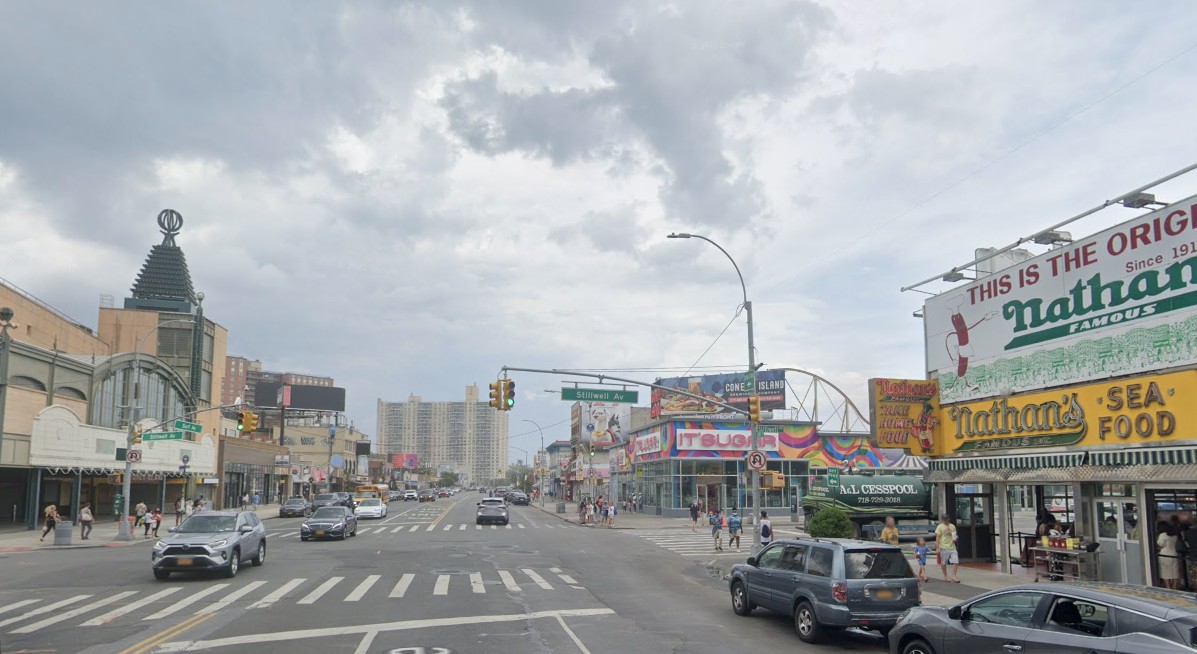Christmas came early for Dyker Heights residents!
City Council passed legislation banning food vendors from slinging grub on Dyker Heights streets during the chaotic holiday season — when the neighborhood’s famed Christmas light displays attract thousands of tourists to the area each year, according to the area’s local councilman.
“Dyker Heights lights started out as a local neighborhood tradition and turned into an attraction that tourists from all over the world come to visit,” said Justin Brannan. “While homeowners are proud of this tradition, issues like overflowing garbage cans, litter all over the street, and exhaust fumes from an ice cream truck idling outside their house for 12 hours aday, are just not acceptable.”
Dyker residents have decked out their homes in luminous holiday raiments since the 1980s, wreathing their homes in endless garlands of Christmas lights and whole platoons of radiant nut-cracker soldiers.
The neighborhood’s beloved holiday tradition lured a whopping 100,000 visitors from around the world last year — and residents have long complained about quality-of-life issues posed by ‘Dyker Lights’ tour buses hogging parking in the neighborhood, blocking driveways, strewing garbage throughout the area, and blasting music at all hours.
And as the lights drew in the tourists, the tourists attracted a small army of sidewalk vendors and food trucks, which inhabit the area surrounding the lights displays for weeks on end, turning the holiday season into a yuletide pain in the butt, according to one local civic guru.
“The vendors were making our small neighborhood feel like a 40-day street festival,” said Josephine Beckmann, District Manager of Community Board 10. “Can you imagine living in that? Ultimately, this is a place where people live.”
Brannan’s new law is the culmination of several years of lobbying by local residents, who protested the safety hazards, blocked sidewalks, engine noise, and litter generated by the food trucks, according to Beckman.
In a recent community board survey, 99 percent of locals said their lives had been disrupted in various ways by vendors, said Beckmann.
“In January 2017 a woman came to my office literally crying for help with this issue,” she said. “It was never a matter of ‘if’ we get the bill passed — but when.”
And hungry tourists will still be able to get their fill, according to Beckmann, who said that most tour buses include stops at local restaurants and bakeries as part of the visit.
“I look forward to sidewalks that are clear for safe pedestrian passage in the prime viewing area, and for homeowners not to have to deal with trash left on the streets anymore,” said Beckmann. “Residents are so grateful to see the end of this disruption to the quality of life in their homes.”

























